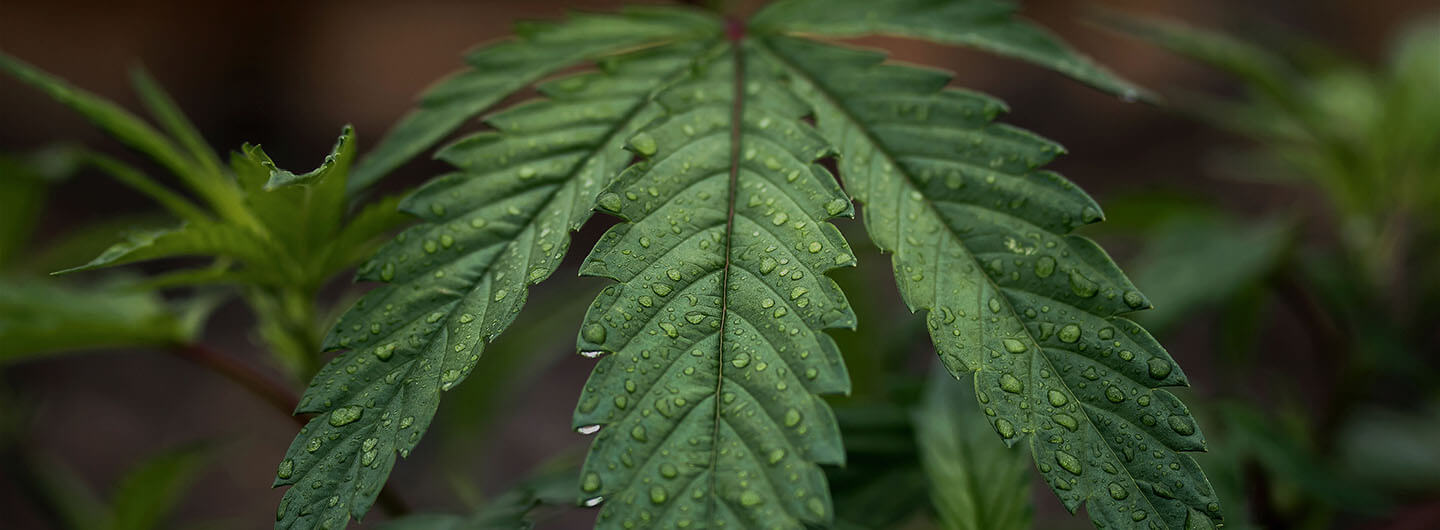
Epilepsy
The studies carried out suggest that cannabinoids are beneficial as an adjuvant treatment against convulsions suffered by people with epilepsy, being able to reduce a large percentage of episodes. Cannabinoids are useful and safe in the treatment of refractory epilepsy, without the toxicity of conventional antiepileptic drugs. A world-renowned case, that of little Charlotte Figi, from the USA, is famous for showing the effectiveness of medical cannabis, even in refractory or difficult-to-treat epilepsies. Thanks to cases like this, several entities and associations have called for an end to the restrictions that limit clinical trials and studies on medical Cannabis in treating this disease.
Medical Cannabis’ effects against epilepsy:
- Anti-convulsant.
- Neuroprotective effect.
- Anti-inflammatory properties.
- Operation with refractory epilepsy.
- Treatment for difficult epilepsies.
Epilepsy is defined as a disorder of the central nervous system characterized by a predisposition to generate seizures in an uncontrolled manner. These episodes can generate severe long-term damage at the cognitive and psychological level which can limit and condition the lives of those affected.
In recent years, the therapeutic potential of cannabidiol CBD, an active component of the cannabis plant, raised thanks to evidence gotten from studies that conclude its usefulness in controlling seizures in various epileptic syndromes.
The anticonvulsant properties of CBD and its low toxicity for the organism make it a valuable tool to treat various epileptic syndromes resistant to conventional medication.
Several studies show that cannabidiol has a neuronal protective effect, as it reduces the excessive excitation of neurons, helps to preserve cognitive abilities, and reduces the progression of the damage produced in the nervous system by repeated seizures. All of these properties make cannabidiol CBD a good neuroprotective agent, without the toxicity or danger of overdose attributed to the prolonged use of conventional antiepileptic drugs.
Likewise, other researchers have shown the benefits that cannabinoids offer in the treatment of epilepsy. In terms of refractory epilepsy, a 2015 study on the use of oral cannabis extracts in pediatric patients with epilepsy showed improvement with the treatment.
Besides reducing seizures and having a neuroprotective effect, cannabidiol CBD also has effects in a wide range of conditions hereunder mentioned: it reduces inflammation; combats psychotic disorders; decreases anxiety; reduces nausea and vomiting; improves sleep; increases the feeling of well-being, and it has a neuronal antioxidant effect.

.png)